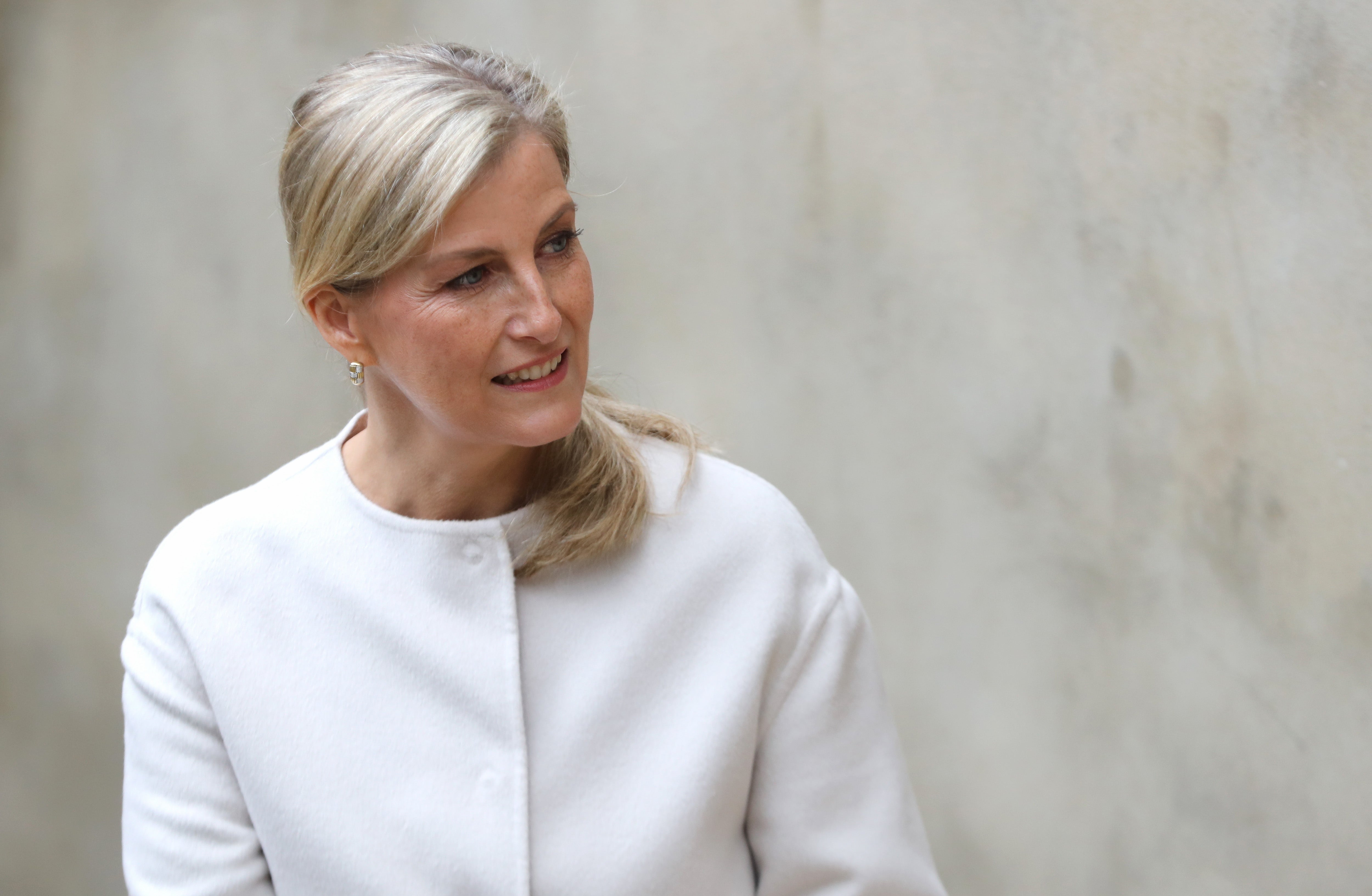Sophie: Young people are facing unimaginable mental anguish and terror online
The countess gave a keynote speech at the Tackling Child Sexual Exploitation & Abuse event in Brussels.

Your support helps us to tell the story
From reproductive rights to climate change to Big Tech, The Independent is on the ground when the story is developing. Whether it's investigating the financials of Elon Musk's pro-Trump PAC or producing our latest documentary, 'The A Word', which shines a light on the American women fighting for reproductive rights, we know how important it is to parse out the facts from the messaging.
At such a critical moment in US history, we need reporters on the ground. Your donation allows us to keep sending journalists to speak to both sides of the story.
The Independent is trusted by Americans across the entire political spectrum. And unlike many other quality news outlets, we choose not to lock Americans out of our reporting and analysis with paywalls. We believe quality journalism should be available to everyone, paid for by those who can afford it.
Your support makes all the difference.The Countess of Wessex has warned of a rise in horrific online child sexual exploitation and abuse as she called for tech firms and politicians to do more to protect young people from harm.
Sophie delivered a keynote speech in Brussels sharing the harrowing story of a 14-year-old boy who tried to take his own life while being blackmailed online into sending explicit images after threats to kill his parents.
She also described how a 13-year-old girl was groomed over social media into a five-year online relationship with a married man in his thirties, who manipulated her into sharing explicit photos.
The countess, patron of the NSPCC said she had seen persistent evidence that “young people are being abused and are suffering unimaginable mental anguish and terror online”.
The countess told policymakers and legislators of the “devastating consequences” on children’s lives, saying: “It is all our responsibilities to seek ways to prevent these crimes being committed.”
She described how “the internet enables predators to commit truly horrific abuse within what should be the sanctity and safety of a child’s own home”.
“This abuse has devastating consequences and severe long term repercussions on their mental health, family and future relationships, with many experiencing trauma and long term behavioural problems, and all too many attempting and committing suicide,” she added.
Sophie highlighted how the Covid-19 pandemic, which saw more reliance on communicating virtually, had led to a greater rise in online child exploitation and abuse.
“During lockdowns, at home, in their bedrooms, or when going online to stay connected with family and friends, children were exposed to horrendous, but preventable harm,” she said.
“Abusers look to exploit ever younger children, meeting them on social networks, grooming them through direct messages, coercing them into sending self generated images, and escalating their abuse on encrypted messaging and livestreaming sites.”
The WeProtect Global Alliance’s Global Threat Assessment said harm in some of European countries had gone up by 50%, Sophie said.
Last year the Internet Watch Foundation reported that in the UK there were 8.8 million attempts to access images and videos of children suffering sexual abuse during the country’s lockdown, and they reported a 117% increase in self-generated images in the first four months of 2021.
In the year ending March 2021, there were more than 90,000 child sexual abuse and image offences recorded by the police in the UK, and around 200,000 children have sent, received or been asked to send sexual content to an adult, the countess said.
Sophie was addressing the Tackling Child Sexual Exploitation & Abuse: Enhancing the Global Response event for the European Parliament Intergroup on Children’s Rights – which is comprised of more than 100 MEPs and 25 child-focused organisations.
The Queen’s daughter-in-law called on tech firms to use innovation to take every reasonable step to “design out” harm and detect and report abuse on messaging services.
“Children should be front of mind during this process and never an afterthought,” Sophie said.
Sir Peter Wanless, chief executive of the NSPCC, said: “The countess’s speech today was a timely and crucial contribution about the need for bold action and international coordination in the urgent fight against online child abuse.
“This is challenge that can be solved, if governments and the tech industry commit the focus and resources required to meet the scale of the threat.”